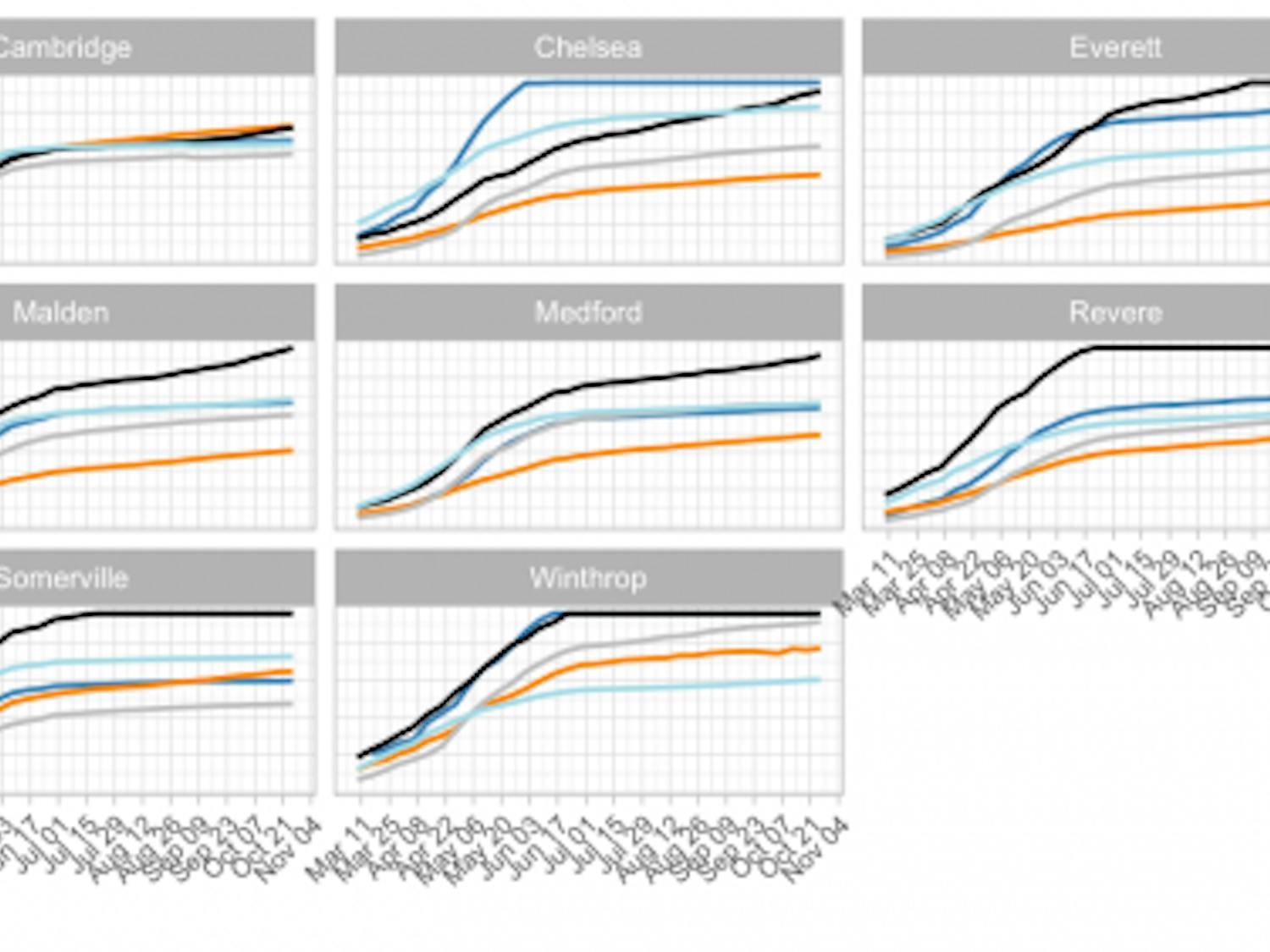Robert Goldstein discusses time at Tufts, Mass. public health priorities as he takes DPH reins
By Peri Barest | May 17Kate Walsh, Massachusetts secretary of health and human services, appointed triple-Jumbo Robert Goldstein (LA’05, M’12, GBS’12) as the state’s commissioner of public health on April 4. Goldstein’s time working with the Sharewood Clinic as an undergraduate and medical student shaped his commitment to helping underserved communities access medical care, he told the Daily a week into his tenure.












